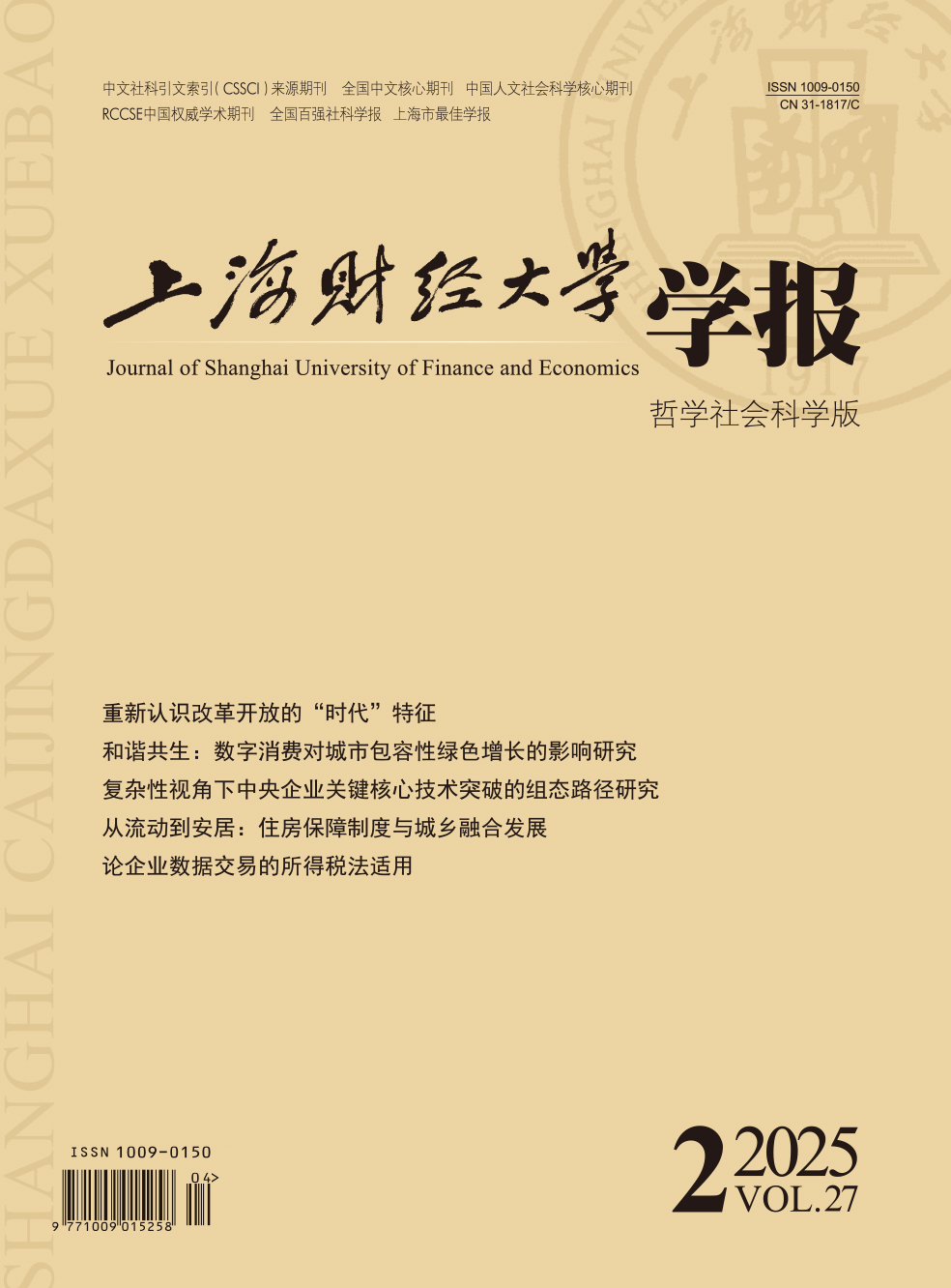After entering the BEPS 2.0 stage of global tax reform, with the continuous improvement of the tax governance plans of the digital economy, global tax governance has been further deepening. Due to the fact that the value of global tax governance is a core value jointly accepted and followed by actors participating in global tax governance, guiding the direction of global tax governance, and affecting the international tax interests of countries, the issue of global tax governance value has attracted more attention. Global tax justice is the value pursued by global tax governance. It is the inevitable results of not only the tax justice expansion from one country to the world, but also the global justice application in the field of global tax governance. However, there are legitimacy issues related to insufficient participation of developing countries in global tax governance, as well as fairness issues caused by unfair distribution of tax bases in the digital economy. This not only affects the interests of developing countries in the global tax reform, but also hinders the realization of good governance in global tax governance. In the process of global tax governance, global tax governance actors, such as countries, intergovernmental international organizations, civil society organizations, recognize and accept the values of fairness, democracy, and efficiency, making fairness, democracy, and efficiency gradually become the main secondary values and important pillars of justice under the leadership of global tax justice. China is an important participant in global tax governance, playing an important role in enhancing the discourse power of developing countries and emerging economies in rule-making and safeguarding their own tax rights. In response to the current problems in global tax justice, China should promote the construction of global tax justice through the paths of ideology and mechanism. In terms of ideology path, the concept of a community with a shared future for mankind should lead the construction of global tax justice; in terms of mechanism path, we should guide the construction of global tax justice and enhance China’s voice and influence in the field of global tax governance by promoting the establishment of a global tax governance mechanism led by the United Nations, enhancing the collective action of developing countries in the G20+OECD mechanism, and playing the role of the “Belt and Road” tax collection and management cooperation mechanism.
 / Journals / Journal of Shanghai University of Finance and Economics
/ Journals / Journal of Shanghai University of Finance and EconomicsJournal of Shanghai University of Finance and Economics
LiuYuanchun, Editor-in-Chief
ZhengChunrong, Vice Executive Editor-in-Chief
GuoChanglin YanJinqiang WangWenbin WuWenfang, Vice Editor-in-Chief
Global Tax Justice in the Context of the Digital Economy and China’s Response
Journal of Shanghai University of Finance and Economics Vol. 26, Issue 01, pp. 108 - 123 (2024) DOI:10.16538/j.cnki.jsufe.2024.01.008
Summary
References
Summary
Cite this article
Wang Lihua. Global Tax Justice in the Context of the Digital Economy and China’s Response[J]. Journal of Shanghai University of Finance and Economics, 2024, 26(1): 108-123.
Export Citations as:
For
ISSUE COVER
RELATED ARTICLES




 3167
3167  3851
3851

